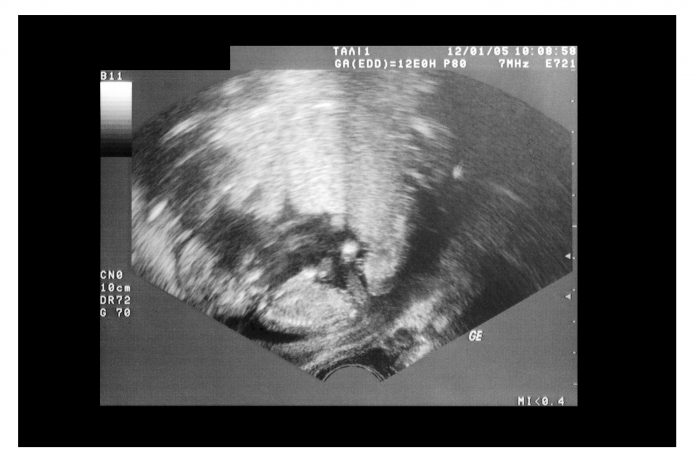A maternity report by Birthrights finds that UK women experience “dehumanisation” and racism from caregivers
The maternity report, ‘Systemic Racism, not Broken Bodies’, reviewed testimony from over 300 people about maternal care experiences in the UK.
At this moment, the UK faces multiple revelations about the quality of maternal care that non-white people experience. The MBRRACE-UK team have been examining maternal morbidity rates, finding that Black women are four times more likely to die during childbirth.
The maternal report inquiry also included oral evidence from professional and clinical bodies, experts in maternal mortality and anti-racism, and other charities who work with LGBTQ+ birthing people of colour and refugee, asylum-seeking and migrant women.
Speaking to the Birthrights team, one Yoruba speaking participant said: “They were panicking, and I thought I was going to die.”
The report suggests five actions for maternal health reform
- Commit to becoming an anti-racist organisation
- Decolonise maternity curriculums and guidance
- Make Black and Brown women and birthing people decision-makers in the wider maternity system
- Create safe, inclusive workforce cultures
- Dismantle structural barriers to racial equity through national policy change
What other things did non-white people face during maternal care?
According to the maternity report, women seemed to experience a lack of physical and psychological safety, while being ignored and disbelieved, experiencing racism by caregivers, experiencing dehumanisation, lack of choice, consent and coercion, structural barriers and workforce representation and culture.
For instance, a Chinese woman who attended hospital a day before her due date was bleeding – but discharged and told to stay at home, even after contractions started. The pain was so severe that this woman had to take a taxi to the hospital, resisting the urge to push on the way.
The inquiry head that this woman was faced with staff anger for coming back – they told her to wait, even though she could barely stand. When examine, this woman was found to be 8-9cm dilated.
In a horrific situation, a baby suffered a catastrophic brain injury due to hypoglycaemia caused by lack of feeding support. There was no feeding support because this patient had no interpreter, despite multiple requests.
In some babies, health issues were misidentified because of skin colour
In one case study included in the Birthrights maternity report, jaundice was not recognised in a Black baby. Jaundice is an extremely common affliction for newborn babies, with six out of ten babies developing the condition – key symptoms include yellowing of the skin.
Luckily, the amount of babies with a blood bilirubin level high enough to need treatment is even lower – at one in 20.
A mother, speaking to the inquiry, said: “For my second child I had good birth care, he was premature. After we went home he developed jaundice. My health visitor was not convinced but my whole family could see it. She said she’d test his levels just to put my mind at ease. He tested super high and the HV was alarmed but she kept insisting the machine must be broken. She agreed to inform her superior though, still insisting there was nothing wrong but “mum wants some reassurance”, and the superior agreed to refer us to the hospital.
“At the hospital the doctor admitted the reading was very high but insisted from the look of him there is nothing to suggest he was severely jaundiced, just a “slight” yellowing of his eyes. By then he looked neon to me. They did another reading and sent his bloods off, it was even higher than the last. My baby was immediately hospitalised for several weeks.
“The white staff did not recognise jaundice in a Black baby.”











